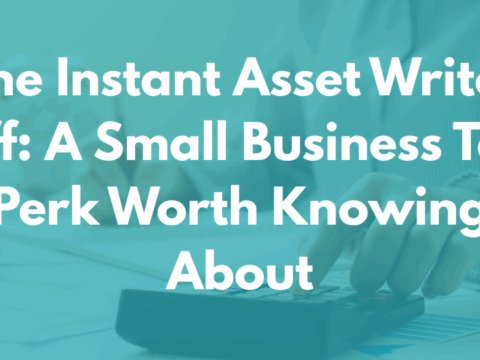Superannuation, The Self-Employed & Contractors
If you’re a contractor, freelancer, or self-employed, you’re probably already juggling multiple responsibilities, from managing clients to keeping track of your income.
One area that often gets overlooked is superannuation, but it’s crucial to think about your future.
Even though you may not have an employer making regular super contributions on your behalf, you can still take control of your super to ensure you’re building a nest egg for retirement.
1. Understanding Your Super Obligations
As a contractor, you’re generally responsible for managing your superannuation contributions. Unlike employees with super contributions from their employers, contractors must take the initiative to contribute to their own super fund.
However, if you’re working under a contract primarily for your labour, the business you’re contracting for may be required to make super contributions for you, just like they would for an employee. This is something to clarify when setting up your contracts.
2. Setting Up Your Super Fund
The first step is to choose a super fund if you don’t already have one. Look for a fund that suits your needs, considering factors like fees, investment options, and performance. Many contractors opt for a low-fee, high-performance fund to maximise their savings over time. Once you’ve set up your fund, keeping your details updated and regularly reviewing your account to ensure it’s growing as expected is essential.
3. Making Contributions
As a contractor, you can decide how much and how often you contribute to your super. One option is to set up regular contributions, which can help you stay on track without having to think about it too much. You can do this by setting up an automatic transfer from your bank account into your super fund. Even small, consistent contributions can add up significantly over time, thanks to the power of compound interest.
Another option is to make lump-sum contributions whenever you have a good month or receive a large payment. The key is to make contributing to your super a priority, just like paying any other bill.
4. Take Advantage of Tax Benefits
Contributing to your super as a contractor comes with some great tax benefits. For example, contributions you make to your super fund may be tax-deductible, which can help reduce your taxable income. This is a big advantage, especially if you have a higher income year. Additionally, by building your super, you’re setting yourself up for a more secure retirement, which is a reward in itself.
5. Super Co-Contributions
If you’re earning within a low or middle-income bracket, you might be eligible for the government’s super co-contribution scheme. This means that if you make a personal (after-tax) contribution to your super, the government will also contribute up to a certain amount to boost your savings. It’s a great incentive to put a little extra into your super and take advantage of free money from the government.
6. Keep an Eye on Your Super
It’s important to stay engaged with your super fund. Regularly review your statements, check your investments’ performance, and make adjustments as needed. As your income and financial situation change, you might want to increase your contributions or change your investment options to suit your goals better.
Superannuation might not be at the top of your to-do list as a contractor, but it’s an important part of securing your financial future.
By understanding your super obligations, setting up a solid fund, and making regular contributions, you can build a comfortable nest egg for your retirement. Consult a licensed professional or your super fund if you need additional guidance tailored to your situation.
Remember, even small contributions can make a big difference over time. So, take the time to invest in your future—you’ll thank yourself later!
IMPORTANT NOTICE
This blog post contains general information only and has been prepared by Allworths without reference to your objectives, financial situation or needs. Allworths cannot guarantee the accuracy, completeness or timeliness of the information contained here. By making this information available to you, we are not providing professional advice or recommendations. Before acting on any of the information contained here, you should seek professional advice.




